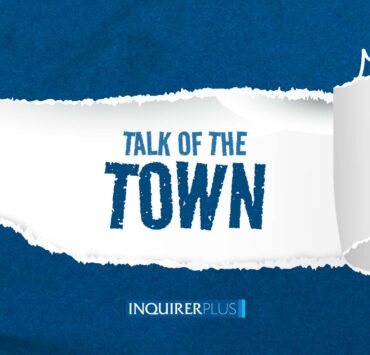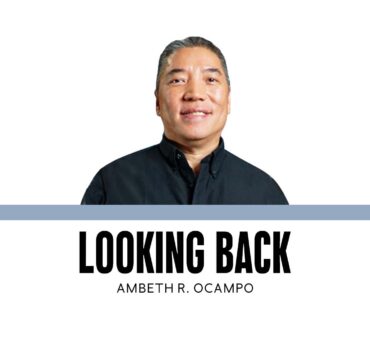Technocratic and economically driven: A narrow view of education in the 2025 SONA

President Marcos’ 2025 State of the Nation Address (Sona) clearly signaled that education is a national priority. Nearly 20 percent of the speech was dedicated to the sector—a notable shift from former president Rodrigo Duterte’s ramblings, where education was mentioned only in passing. This renewed attention is welcome. Yet the framing remains narrowly technocratic and economically driven, with little indication of a long-term vision for transformative learning.
There are encouraging developments. The launch of the Aral program, which focuses on remedial tutoring, is a crucial step in addressing learning losses. The plan to build 62,000 classrooms and hire 60,000 new teachers is also commendable. However, these efforts barely dent the massive backlog—165,000 classrooms and 147,000 teacher items. Hiring processes remain sluggish in many areas. It is also laudable that schools will no longer be used as evacuation centers.
The expansion of free higher education and tech-voc training for 2 million students, with priority given to 4Ps members, signals a pro-poor direction. Yet, the Sona was largely silent on improving the quality of higher education (aside from participating in global university rankings). Likewise, the construction of 300 new child development centers is a step forward, but with a backlog of 15,000, the scale remains inadequate, and no road map for universal early childhood education was presented.
One glaring omission was the issue of education workers’ welfare. There were no mention of substantial salary increases or improved benefits for public school teachers and staff. Nor was there any plan to ensure job security for private school teachers, many of whom face contractualization and unstable work conditions.
Strikingly absent, too, was any mention of inclusive education. Learners with disabilities, indigenous children and youth, those in conflict-affected or remote areas, and out-of-school learners remain invisible. Alternative learning systems and flexible modalities, such as ADM, were overlooked, despite growing dropout rates and deepening inequalities. Also missing was any response to mounting public concern over the removal of Filipino, mother tongue, and humanities and social sciences from the curriculum. These disciplines are essential for cultivating critical thinking, civic engagement, and a sense of national identity. Their marginalization reflects a reductive view of education as merely job preparation rather than a nation-building endeavor.
This year’s Sona pushes a narrow view of education as a pathway to jobs, not as a foundation for democratic life. Behind the numbers—laptops, classrooms, Tesda certificates—is silence on the deeper purpose of education: to build inclusion, critical thinking, and social responsibility. When schools focus solely on skills, they weaken learners’ capacity to question injustice, challenge inequality, or envision better futures. This hollowing out of citizenship serves those in power, entrenching political dynasties, shielding corruption, and keeping real reform out of reach.
Maria Mercedes Arzadon,
mearzadon@up.edu.ph

















